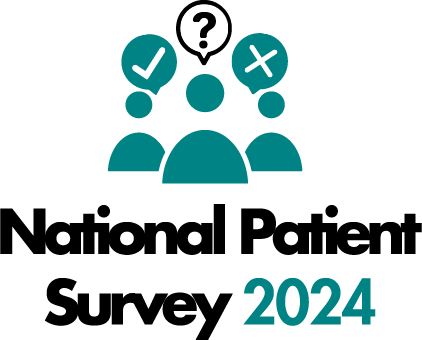 Our National Patient Survey 2024 report is now live. Thank you to all those that shared their experiences. Read our report here.
Our National Patient Survey 2024 report is now live. Thank you to all those that shared their experiences. Read our report here.Autoimmune Lymphoproliferative Syndrome, Type IA (ALPS1A)
Autoimmune Lymphoproliferative Syndrome, Type IA (ALPS1A)
OMIM number: 601859
Comments closing date: 31/03/2025
Autoimmune lymphoproliferative syndrome (ALS)
type 1A is a rare hereditary (genetic) condition
which impacts the immune system. This condition
is caused when a person inherits a mutation (also
called a pathogenic variant) in a gene called FAS.
The FAS gene is thought to have a role in
controlling the number of white blood cells, and
other roles in the immune system maintenance. If
a person is affected by ALS, they are more likely
to have uncontrolled production of lymphocytes, a
type of white blood cell. This can cause swollen
lymph glands, an enlarged liver, and/or an
overactive spleen. These features often occur in
early childhood, and improve with age. However,
later in life, people can develop autoimmune
disease, where their body attacks itself,
particularly blood cells. This can cause low white
blood cell counts which can lead to infection, or
damage to organs such as the liver, kidneys,
thyroid, or less commonly the eyes or nerves.
There is also a significantly increased lifetime risk
of blood cancer, specifically Hodgkin lymphoma
and non-Hodgkin lymphoma. Some research
suggests other cancers could be increased over
the population level. A bone marrow transplant
can be helpful for this condition, but is usually only
offered in severe cases due to the risks associated
with the procedure. Other treatment options can
include immunosuppressive agents. If a person is
born with a FAS mutation, around 50-75% will
develop symptoms. There is also a 1 in 2 (50%)
chance they would pass the mutation on at each
conception.
Review date: 3 March 2027

